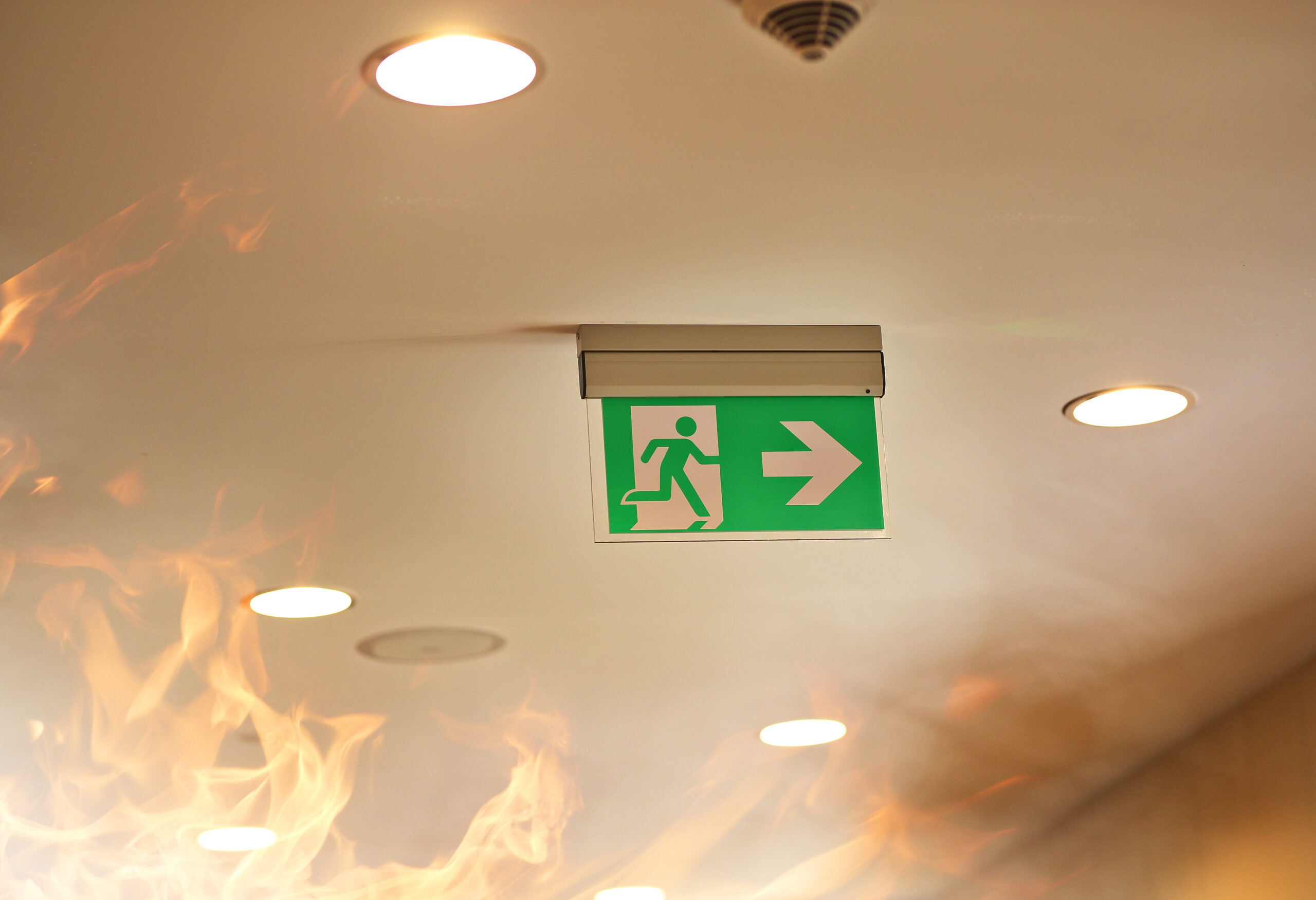As someone who has worked closely in delivering fire warden training, I’ve come to truly appreciate just how important fire wardens are in any workplace. Their role goes far beyond simply responding to an emergency. While it’s absolutely vital that fire wardens are trained to handle evacuations and respond swiftly during a fire or a drill, they also play a significant part in fire prevention. By being proactive, fire wardens can help identify potential hazards and reduce risks before they escalate into a real fire emergency.
Identifying Fire Hazards
One of the first and most crucial steps in preventing fires is recognising potential risks. As fire wardens, we’re often the first line of defence when it comes to spotting fire hazards around the workplace. In my experience, although all staff play a role in fire safety, it can sometimes feel like the weight of responsibility falls too heavily on the fire wardens. This is why we offer fire awareness training to companies and I personally believe this is essential in reducing risks within the workplace.
The hazards we need to watch for can range from improperly stored flammable materials to staff members charging their phones on faulty electrical equipment. A proactive fire warden regularly checks the work environment and reports any risks to the relevant departments.
Here are some of the things we train fire wardens to look for:
- Overloaded electrical sockets or malfunctioning wiring
- Blocked fire exits or corridors
- Inappropriate storage of hazardous chemicals or flammable materials
- Inadequate fire extinguishers or emergency equipment
- Staff bringing in their own equipment that hasn’t been PAT tested or checked by the business
- Ensuring that all staff understand the importance of regular fire alarm tests and fire drills
Promoting Safe Practices
Fire prevention goes beyond just identifying physical hazards; it’s also about building a strong safety culture within the workplace. Unfortunately, I’ve often seen fire wardens’ roles reduced to just names on a board at the front of the business, and their responsibilities seem to get forgotten unless there’s an actual fire or fire drill.
Fire wardens can be instrumental in ensuring fire safety procedures are followed every day. Through regular safety drills, training, and awareness campaigns, fire wardens can help keep fire safety front of mind for employees. I’ve seen the positive impact when fire wardens take charge of creating that culture of safety, and it really makes a difference.
Key activities include:
- Educating employees on fire safety procedures and emergency exits
- Conducting regular fire drills to ensure everyone knows what to do in an emergency
- Ensuring that employees don’t engage in unsafe practices, like blocking fire exits or moving fire extinguishers
Taking these proactive steps helps ensure that fire safety becomes a shared responsibility, and everyone knows their part in preventing a disaster.
Ensuring Fire Safety Equipment is Functional
Another key responsibility of fire wardens is ensuring that all fire safety equipment is in good working order. Fire extinguishers, alarms, sprinkler systems, and emergency lighting are all critical in preventing and controlling fires, and they must be checked regularly.
Here’s what we encourage fire wardens to check:
- Ensuring fire extinguishers are fully operational and accessible
- Testing fire alarms and emergency lighting to confirm they’re working
- Ensuring fire exits are unblocked and clearly marked
It’s also important that fire wardens ensure the paths to fire exits and equipment are not obstructed and are visible to all staff. I’ve witnessed how simple checks can prevent a potential disaster, which is why these inspections should become part of the daily or weekly routine.
Working Together With Other Safety Roles
Fire wardens should work closely with health and safety officers and facility maintenance to identify risks and improve safety measures. I can’t stress enough how important it is to maintain regular communication between all safety roles. This collaboration ensures that fire risks are properly addressed and mitigated.
Some of the benefits of working together include:
- Sharing insights on fire risks and prevention methods
- Coordinating fire safety training for new employees
- Planning fire evacuations and understanding staff behaviour
When all members of the team are working together, fire prevention becomes a shared responsibility, creating a safer environment for everyone.
My Summary
Fire wardens are much more than just emergency responders. They are crucial in preventing fires before they even happen. Through identifying hazards, promoting safe practices, ensuring that fire safety equipment is functional, and collaborating with other safety roles, fire wardens help create a safer workplace for everyone. Their proactive efforts are essential in reducing the risk of fires and ensuring that workplaces remain secure.
At Skill Up Safety, we offer bespoke fire warden training that equips your team with the skills they need not only to respond effectively in an emergency but also to take proactive steps in fire prevention. Investing in fire warden training isn’t just about ticking a box—it’s an investment in the safety and well-being of your workplace.
If you’re planning any training for 2025, feel free to drop me an email at [email protected] or call us at 0800 6128 329. As a thank you for reading this article, we’d love to offer you a 10% discount on any upcoming training!

